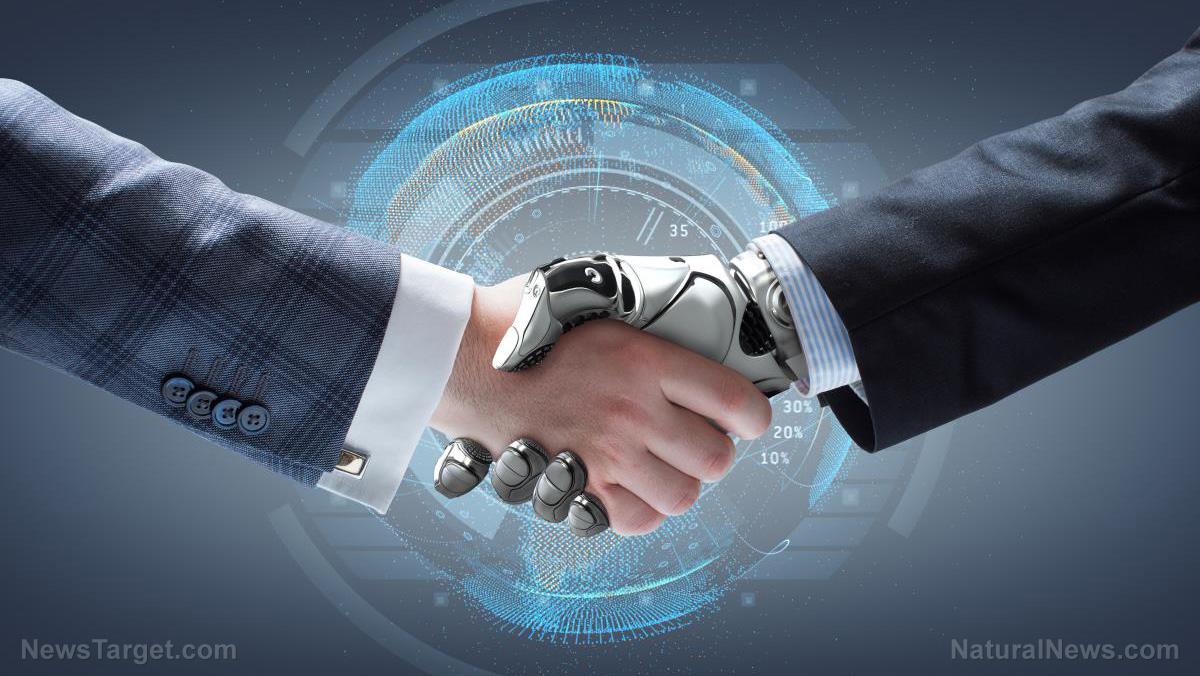
As robots and artificial intelligence (AI) technology begin their takeover, more jobs will be taken away from humans, resulting in entire professions being supplanted by next level advances in modern technology. This is no longer a what-if, but a well-known fact. Robots have started to take away human jobs, and they will continue to do so as they get more sophisticated.
There might be those who think their own jobs are safe from this change, and for the most part, they're right. But it's really only a matter of time before technology catches up and will soon start automating things that currently require the time, effort, and attention of actual human beings. When that happens, wouldn't you rather be prepared?
In one major study, researchers arrived at the conclusion that almost half of all currently existing jobs in the U.S. will be replaced with machines and automation in the next few decades. The technology that will be needed to make this happen has only gotten more advanced, and it's likely that the percentage of eventual job losses has increased. But no matter what the case may be, there are certain professions that are just destined to be replaced by robots. Here are some of them.
- Chefs – Burger-flipping robots are just the beginning. In the future, it may be possible to run entire restaurants with nothing more than a single computer and a staff of autonomous machines. Imagine walking into a restaurant where you input your order into a touchscreen, a robot waiter brings it over for you to eat, and you leave without even taking out your wallet because your bill has already been charged to your account. That restaurant could become a reality sooner than you think.
- Customer Service Agents – Answering machines are a primitive example of the kind of AI technology that will eventually take away Customer Service Agent jobs. With chat robots, service lines can be much more efficient and can be used to reach more people than is currently possible. After all, the number of agents available serves as the hard limit on the number of calls that can be placed or taken at any given time. Robots will change this in a big way, and it's going to happen eventually.
- Drivers – Self-driving cars were thought of as impossible just a few years ago, yet now they are fast becoming standard across many developed nations in the world. The technology behind them is not perfect yet, but neither are actual humans when it comes to driving. Public transportation systems will be affected by this change the most.
- Financial Analysts – Being a financial analyst requires going through numbers and records, trying to find patterns and possible trades, and making sense of it all on a daily basis. This sounds exactly like the type of job perfectly suited to a computer, which can run computations indefinitely as long as the power is running. It would require no food, no water, and no salary, unlike human counterparts. They could become industry standard within the next decade.
- Journalists – Words on a screen can be rearranged to fit pretty much any agenda or narrative, and the technology that can be used to do this automatically is already available. It's only a matter of time until full-on publications are filled with nothing more than a bunch of computers running specific algorithms for either news, features or even reviews.
- Lawyers – Much of a lawyer's work involves going through documents and tons of data and finding things that may be relevant to the case at hand. All of this grunt work can be done quickly and accurately with computers, and in fact, it's already happening. Sooner or later, human lawyers will be replaced entirely with algorithmic robot alternatives.
- Manual Laborers – Just like the chef robot and the restaurant service robot, physically dexterous machines have been invented to handle certain types of manual labor. They're not as efficient as they need to be yet, but they have already begun to show their potential for use as bricklayers and in performing certain construction jobs.
- Medics – As skillful as they are, doctors are simply no match to machines when it comes to accuracy, precision, and ability to hold raw information. The medical field could be hit hard by automation in the next decade, and future hospital visits may be with robot doctor appointments.
It may be a while before robots completely take over human jobs, but at the end of the day, it's only a matter of time. It's best to arm yourself with knowledge and information before that happens. (Related: Welcome to your jobless future… Artificial intelligence will replace half of all jobs in the next decade.)
Read more about the future of AI in Robots.news.
Sources include:
Please contact us for more information.















